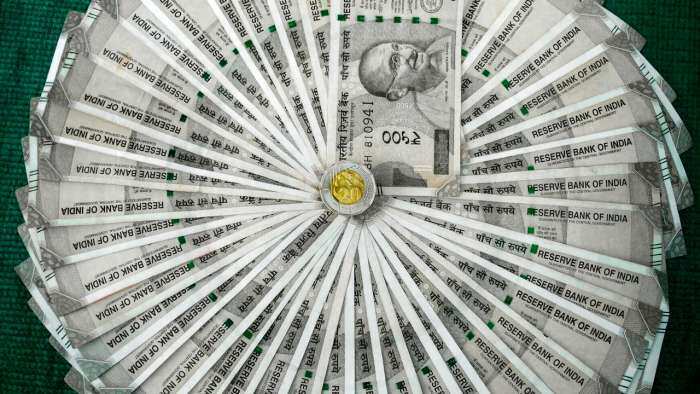Income Tax department notifies cost inflation index for current fiscal
The index for the following financial year, 2024-25, has been updated to 363, marking an increase of 15 points, which corresponds to an annual inflation rate of approximately 4.3 per cent.
)
The income tax department has notified the Cost Inflation Index for the current fiscal beginning April 2024, for calculating long-term capital gains arising from sale of immovable property, securities and jewellery.
The Cost Inflation Index (CII) is used by taxpayers to compute gains arising out of sale of capital assets after adjusting inflation.
The CII for financial year 2024-25, relevant to assessment year 2025-26, stood at 363, as per a notification of the Central Board of Direct Taxes (CBDT).
The CII number for last fiscal was 348 and for 2022-23 financial year it was 331.
Moore Singhi Executive Director Rajat Mohan said the CII reflects the inflation in the economy, which causes the prices of goods and services to increase over time. For the financial year 2023-24, the CII was set at 348.
The index for the following financial year, 2024-25, has been updated to 363, marking an increase of 15 points, which corresponds to an annual inflation rate of approximately 4.3 per cent.
"This is consistent with the retail inflation rate of 4.83 per cent recorded in April 2024. Taxpayers usually prefer a higher CII as it allows them to claim larger tax rebates," Mohan said.
AKM Global Partner-Tax Sandeep Sehgal said the index is useful to adjust the capital gains for inflation, so that the taxpayers are taxed on real appreciation of the assets and not the gains due to inflation.
"Taxpayers can use this to calculate gains for long-term capital assets sold during FY 24-25 and reduce the tax liability accordingly," Sehgal said.
CII is notified under the Income-tax Act, 1961 every year. It is popularly used to calculate "indexed cost of acquisition", while calculating capital gains at the time of sale of any capital asset.
Normally, an asset is required to be retained for more than 36 months (24 months for immovable property and unlisted shares, 12 months for listed securities) to qualify as 'long-term capital gains'.
Since prices of goods increase over time resulting in a fall in the purchasing power, the CII is used to arrive at the inflation adjusted purchasing price of assets so as to compute taxable long-term capital gains (LTCG).
Get Latest Business News, Stock Market Updates and Videos; Check your tax outgo through Income Tax Calculator and save money through our Personal Finance coverage. Check Business Breaking News Live on Zee Business Twitter and Facebook. Subscribe on YouTube.
RECOMMENDED STORIES

SIP Calculation at 12% Annualised Return: Rs 10,000 monthly SIP for 20 years, Rs 15,000 for 15 or Rs 20,000 for 10, which do you think works best?

FD Rates for Rs 10 lakh investment: Compare SBI, PNB, HDFC, ICICI, and Post Office 5-year fixed deposit returns

LIC Saral Pension Plan: How much should you invest one time to get Rs 64,000 annual pension for life?

SIP Calculation at 12% Annualised Return: Rs 1,000 monthly SIP for 20 years, Rs 4,000 for 5 years or Rs 10,000 for 2 years, which do you think works best?

UPS vs NPS vs OPS: Last-drawn basic salary Rs 90,000 and pensionable service 27 years? What can be your monthly pension in each scheme?

Monthly Pension Calculations: Is your basic pension Rs 26,000, Rs 38,000, or Rs 47,000? Know what can be your total pension as per latest DR rates
03:57 PM IST











 I-T department hikes threshold for filing appeals in courts, tribunal by tax officers
I-T department hikes threshold for filing appeals in courts, tribunal by tax officers  IT department freezes Cong's accounts, appellate tribunal de-freezes later
IT department freezes Cong's accounts, appellate tribunal de-freezes later Income Tax Department may send you notice for these 5 transactions; know them
Income Tax Department may send you notice for these 5 transactions; know them IT dept conducts multi-state searches against Som Group
IT dept conducts multi-state searches against Som Group Early availability of ITR forms to enable return filing from April 1: CBDT
Early availability of ITR forms to enable return filing from April 1: CBDT